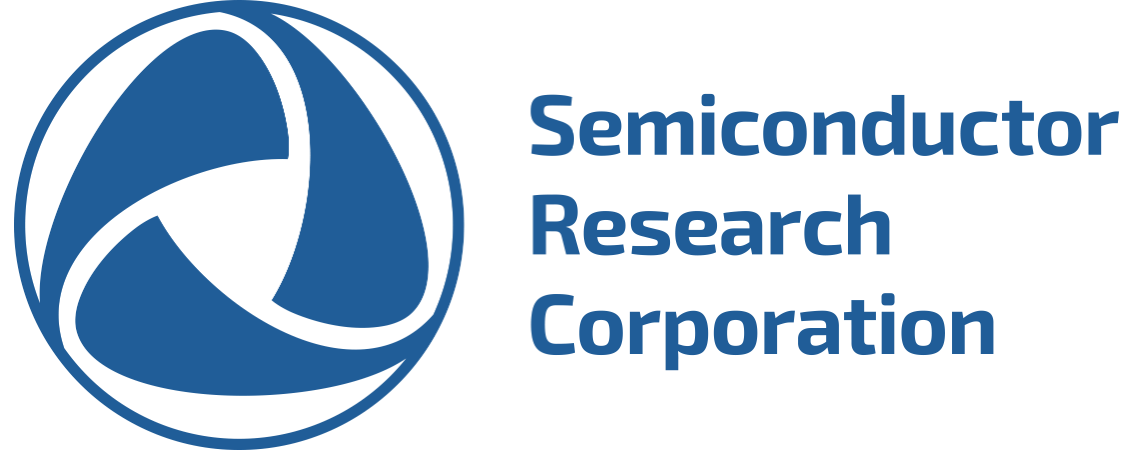New Chip Could Save a Million Lives Annually While Building US$2B Market, Expected from Semiconductor Research Corporation (SRC), University of Florida Teamwork
Radar chip to drive down cost and footprint of technology, making safety features widely available beyond high-end automobiles
RESEARCH TRIANGLE PARK, N.C. - Researchers at University of Florida and Semiconductor Research Corporation (SRC), the world's leading university-research consortium for semiconductors and related technologies, today announced vital progress in development of an automotive radar integrated circuit that relies on low-cost, widely accepted CMOS technology. Electronics for automotive radars currently cost hundreds of dollars to manufacture, resulting in radar systems that each cost car buyers thousands of dollars. By contrast, the new silicon-based radar chip could cost just US$10 to produce
"The chip industry's manufacturers will be able to drive the cost down on a well-established CMOS platform," said Professor Ken O, lead researcher at the University of Florida. "The planned radar chip will be affordable for every car and provide the safety features that today are available to only a small fraction of drivers. Our dream is that it will be available for every person who can afford an automobile."
The market for the radar technology is expected to quickly grow to US$2B by the year 2010. The need for an affordable radar chip is high. Globally, for instance, the World Health Organization reports that 1.2 million lives are lost, and another 50 million injured annually, due to roadway crashes.
The current sets of commercial radar chips are made of exotic "III-V" compound materials such as Galium Arsenide (GaAs) and Indium Phosphide (InP). In contrast, the new radar chips in development by University of Florida (www.ece.ufl.edu) and SRC will be based on popular digital CMOS silicon used nearly everywhere in electronics. As further cost savings for every driver and government, no new highway infrastructure will be required for effective application of the technology.
"This significantly increases the market space for chips," said Dr. David Yeh, director of Integrated Circuit and System Sciences at SRC-GRC and an assignee from Texas Instruments to SRC. "The ramifications of saving lives for the cost of only a few dollars each is cause for a whole new level of excitement. This can raise the standard of living globally."
In addition to automobile parts suppliers and several car manufacturers who are sizing up the opportunity to feature this kind of technology in the next few years, interested chipmakers include IBM, TI, and Freescale. Bolstering the industry's prospects for implementation of the radar chips, the University of Florida team, including students Ning Zhang, Shashank Nallani and Changhua Cao, has just demonstrated the first CMOS low-noise amplifier and 50-GHz sine wave generator. Those accomplishments help to meet the demanding criteria of low cost and high accuracy for this application. The repetitive electronic signal, or sine wave, generator uses a phase-locked loop to stabilize the oscillation frequency and can be fabricated in readily available 130-nm CMOS.
Per its charter, SRC will continue to take a lead role in collaborating on enhancements brought about by academic research associated with semiconductor design and manufacturing.
About SRC-GRC
Global Research Collaboration (GRC) is one of three research program entities of SRC. Celebrating 26 years of collaborative research for the semiconductor industry, SRC defines industry needs, invests in and manages the research that gives its members a competitive advantage in the dynamic global marketplace. Awarded the National Medal of Technology, America's highest recognition for contributions to technology, SRC expands the industry knowledge base and attracts premier students to help innovate and transfer semiconductor technology to the commercial industry. Based in Research Triangle Park, NC, SRC's GRC program drives long-term semiconductor research contracts on behalf of its participating members: Advanced Micro Devices, Inc., Applied Materials, Inc., Axcelis Technologies, Inc., Cadence Design Systems, Freescale Semiconductor, Inc., Hewlett-Packard Co., IBM Corp., Intel Corp., LSI Corp., Mentor Graphics Corp., The MITRE Corp., Novellus Systems, Inc., Rohm and Haas Electronic Materials, Texas Instruments Inc. and Tokyo Electron Ltd. SRC also seeks to leverage funding from global government agencies. For more information, visit www.src.org.


